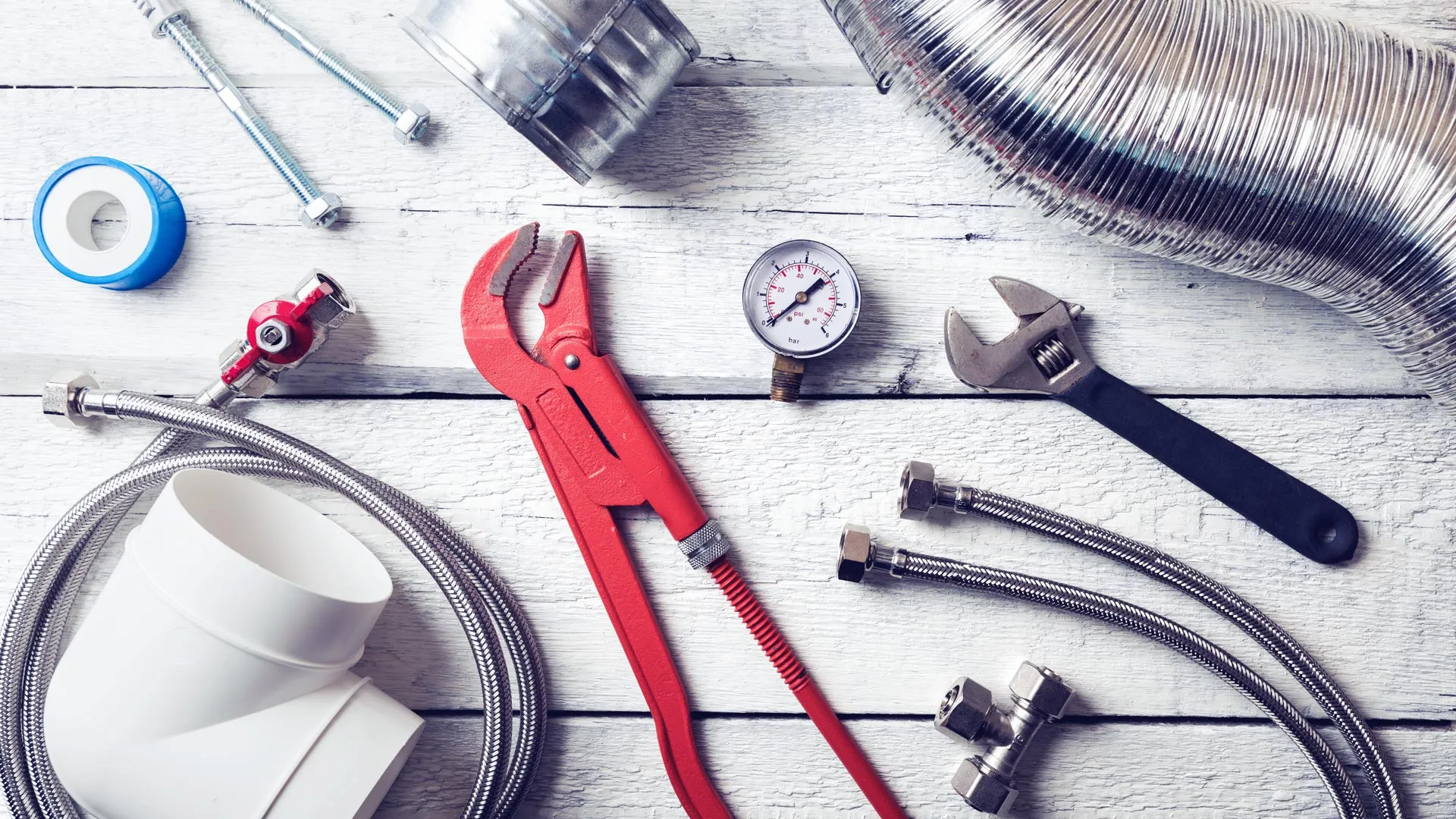
FAQS
PLUMBING AND HEATING QUESTIONS
The Paramedics are here to provide complete plumbing, heating, and air conditioning services to homeowners. We are the trusted experts for heater, air conditioner, and plumbing services. Understanding your HVAC and plumbing systems will ensure that you're making the best decisions to protect your home, lower your energy bills, and keep you and your family safe and comfortable throughout the year. Find the answers to some of the most common HVAC and plumbing questions below, or call us, and we'll answer them for you.
Is a tankless water heater a better option?
Many homeowners are starting to make the switch to a tankless water heater once their traditional water heater needs to be replaced. Conventional water heaters are typically considered inefficient because they continually heat water that isn't being used. However, there are numerous benefits to choosing a tankless water heater, including:
- Extended Life Space
- Additional Energy Savings
- Endless Hot Water
- Less Maintenance
- Compact Design
Which brands do you service?
Plumbing Heating Paramedics has the skills and experience to service all types of makes and models for water heaters, HVAC systems, and more. Our team is committed to staying at the forefront of new technology and the latest brands.
Can I remotely monitor my HVAC system?
The newest HVAC systems provide wireless monitoring via a phone application. If monitoring your home's comfort level remotely is crucial, ask our team about upgrading your HVAC system. The latest systems allow you to monitor, control, and adjust the temperature in your home and alert you of any sudden or significant changes.
Why does my water run cold when I turn it on?
When you turn the faucet off after using the shower, the water is trapped in the pipes, where it begins to cool down. When you turn the shower back on, that water needs to be flushed before water from the water heater reaches you. The best way to ensure you get hot water immediately and reduce wasted water is to install a recirculation line and pump.
Do you offer battery-backups for sump pumps?
Yes! If you're afraid that your basement will flood in the event of a power outage, the professionals at Plumbing Heating Paramedics offer a wide range of battery backups for your sump pump. We can also install a built-in alarm system to alert you via text.
How often should I flush my water heater?
Flushing your water heater should be part of your system's yearly maintenance service. Sediment build-up can reduce the efficiency of your system by up to 35%, costing you more money on your energy costs. Our maintenance program provides a comprehensive plumbing line inspection, water heater flushing, and many more benefits.
Do you charge more for after hours or weekend calls?
No. At Plumbing Heating Paramedics, we understand that plumbing, heating, and air conditioning emergencies can happen anytime during any day. Our repair costs are always the same.
What does HVAC mean?
HVAC is the acronym for heating, ventilation, and air conditioning. An HVAC specialist can service, repair, and install your home's entire heating or air conditioning system. You can always count on us as a licensed professional for expert service.
Can I lower my home's energy costs?
There are multiple ways you may be able to lower your home's monthly energy costs, especially during the winter and summer months. Our professional team is here to help new and existing customers get the most from their HVAC systems. Some of the most common ways homeowners can lower their energy costs include
- Change Your Air Filter
- Keep Vents Clear and Clean
- Upgrade Your HVAC System
- Monitor Your Thermostat
What should I do if a pipe bursts?
A burst pipe in your home can lead to significant water damage. Homeowners must know the proper steps to take to minimize the damage it can do to their homes. If a pipe bursts in your home, you should do the following:
- Turn Off the Main Water Line
- Contact a Licensed Plumber
- Remove All Nearby Electrics If It's Safe to Do So
- Keep the Area as Dry as Possible








